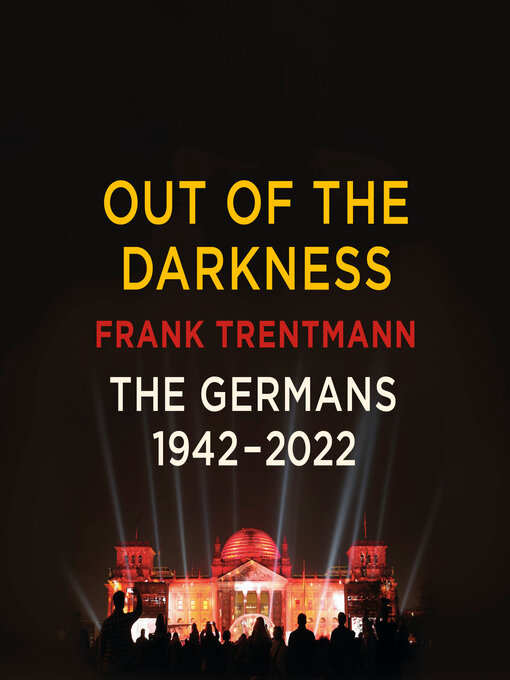- Your Next Great Read!
- New eBook additions
- New teen additions
- New kids additions
- Most popular
- Available now
- See all ebooks collections
- Your Next Great Listen!
- New audiobook additions
- New kids additions
- New teen additions
- Most popular
- Try something different
- Available now
- Great Narrators
- See all audiobooks collections
- Newly Added Magazines
- Crafts
- Sports
- Photography
- Technology & Gaming
- Hunting & Fishing
- Luxury
- Boating & Aviation
- Cars & Motorcycles
- Comics & Manga
- Teen Magazines
- Children's Magazines
- History
- See all magazines collections

